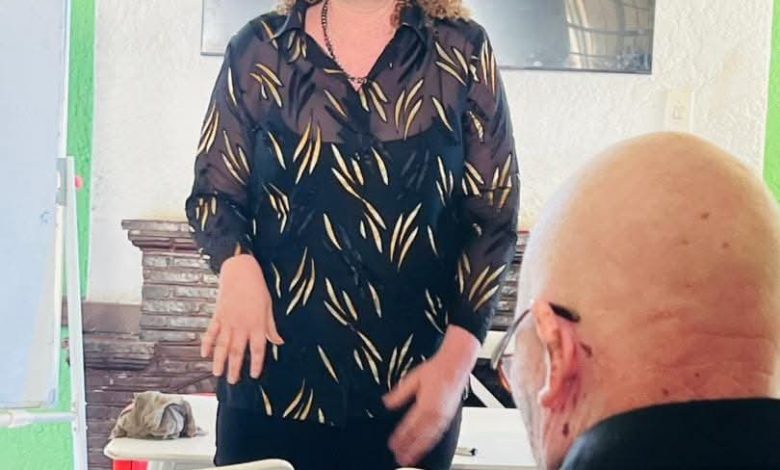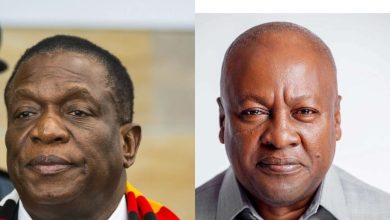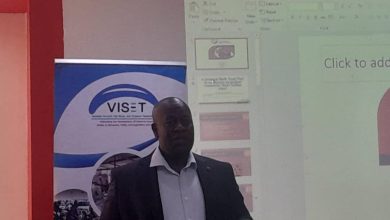The Perilous Journey of Odile Munyanyi, an Albinism Rights Activist

Odile Munyanyi, a tireless activist and co-founder of the Albinism Empowerment Coalition and Sunsafe Solutions, has spoken out about her harrowing escape from Zimbabwe after receiving threats due to her advocacy work..
For years, Odile has been a beacon of hope for people with albinism in Zimbabwe and Southern Africa, advocating for their protection, rights, and dignity. But that light has come at a heavy cost.
“I never imagined that the work I do to help others would one day force me into hiding,” Odile says.
“But the threats became too real too dangerous to ignore.”
In parts of Zimbabwe and across Southern Africa, people with albinism are often subjected to deeply rooted superstitions that falsely associate their body parts with wealth, luck, or mystical powers. This has led to horrifying acts of violence, including kidnappings and ritual killings.
Odile’s activism directly challenges these beliefs. Through Sunsafe Solutions, they’ve distributed protective gear and sunblock to people with albinism, reducing the prevalence of skin cancer. With Albinism Empowerment Coalition, Odile has led legal workshops, safe shelter programs, and grassroots education initiatives across communities.
But success, in this case, has not brought safety.
“I helped others escape violence,” Odile recalls, “and that made me a target.”
She spoke about an incident where one local politician from the ruling party,Zanu PF threatened to stop her advocacy accusing her of working with the ‘West’.

“He (name supplied) had the guts to say albinism is a ‘curse’ and no one should be forced to help ‘these’ people as it is an affliction brought about by their families for wrongful deeds.People like you(Odile) are being used by the West to advocate for such rights and we are going to stop that.
Credible threats, suspected surveillance, and warnings from local allies made it clear that remaining in Zimbabwe was no longer an option. With help from longtime collaborator Tapfuma Chivizhe, a fellow advocate, Odile was able to flee the country. Tapfuma, who has also endured harassment and intimidation for his involvement in human rights work.
“Our only crime was standing up for our people,” Tapfuma says. “But for that, we became marked.”
Activists at Risk
Odile’s story is not unique. In countries like Malawi, Tanzania, Mozambique, and Zimbabwe, albinism-related violence persists despite regional charters and promises of protection. Advocacy often places individuals like Odile in even more dangers perceived as disruptors of “traditional” beliefs or agents of foreign influence.
In Zimbabwe, rights defenders, journalists, and health advocates operate in a shrinking civic space. State surveillance, smear campaigns, and informal intimidation are part of the daily terrain for those who challenge the status quo.
“Being an activist here is not a badge of honor it’s a target on your back,” says a Harare-based human rights lawyer who asked to remain anonymous. “People with albinism face a unique double jeopardy first, for their condition, and second, for daring to fight back.”




